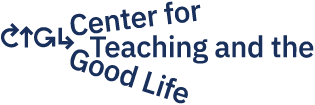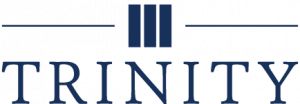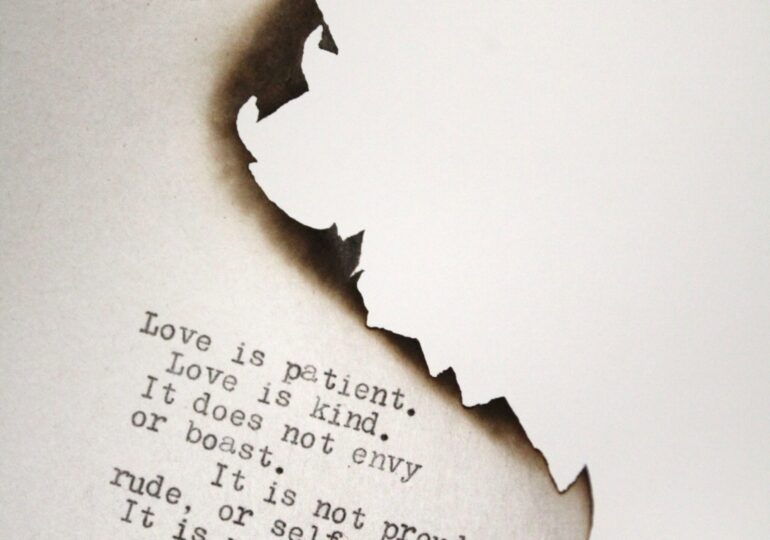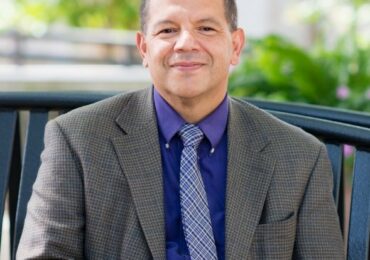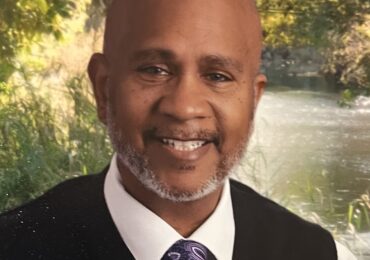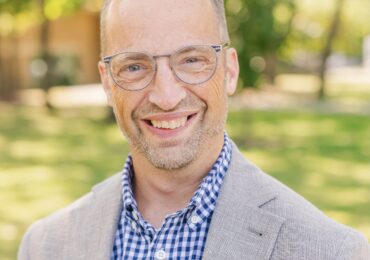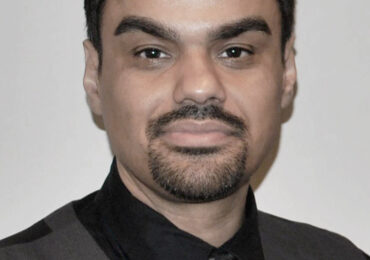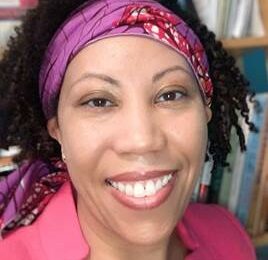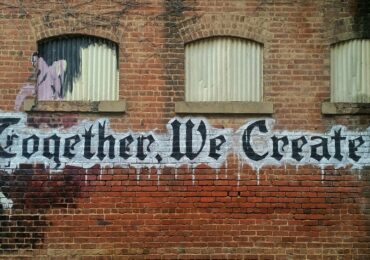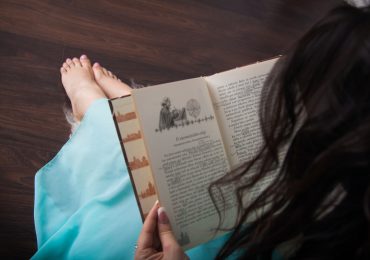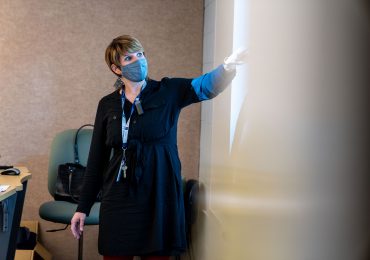This past semester I had the privilege to teach the first iteration of Education 215, Equity and Access for Learning and Life, at Trinity Christian College. As I was designing the course, I found myself guided by one of my favorite quotes about education. In his foreword to Paulo Freire’s classic Pedagogy of the Oppressed, theologian Richard Shaull notes:
There is no such thing as a neutral educational process. Education either functions as an instrument that is used to facilitate the integration of the younger generation into the logic of the present system and bring about conformity to it, or it becomes “the practice of freedom,” the means by which men and women deal critically and creatively with reality and discover how to participate in the transformation of their world. (Shaull 34)
Drawing upon this perspective, my aim in designing this course was to lean into education as a transformative practice. In a broken world where divisions abound—in no small part due to the sins of racism, sexism, and ableism, among others—the promotion of a more just society requires us to teach toward its possibility with learning seen as an indispensable part of working for justice. Over the course of the semester, I gained valuable insight into one small way I can construct my class to meet this important aim of education.
The relationship between learning and justice is highlighted in the book of Isaiah when the prophet provides instructions as to what the Israelites need to do in order to repent, which is a combination of both learning and acting. Isaiah instructs the Israelites to:
Wash yourselves; make yourselves clean;
remove the evil of your doings
from before my eyes;
cease to do evil,
learn to do good;
seek justice,
correct oppression;
defend the fatherless,
plead for the widow. (Isaiah 1:16-17, RSV‑CE)
Learning to do good in this world in such a way that we are moved to act to transform it requires us to understand the perspectives and experiences of our brothers and sisters both on the local and global levels. It requires us to step outside of our comfort zones and to engage with ideas we previously would not have considered with an aim of creating a more just society. There are, of course, many ways we can teach toward this end. While lectures, videos, and curated readings help in this regard, I’ve found that alone they are insufficient for the kind of learning needed to bring about justice. I’m confident that I do not have all of the answers, but an activity in Education 215 gave me feedback that I may be going in the right direction and has left me with much to consider as I revise the course for next term.
As a closure to our final unit together I asked students to step outside of their comfort zone, reflect on their blind spots, and engage in an act of courage—courage not in the traditional heroic sense, but in the willingness to step outside one’s comfort zone. For this activity students were asked to explore and engage in a learning experience related to diversity, equity, and inclusion that they may otherwise not have participated in before our course began and to compose a reflection on their experience and learning.
When I first reviewed the assignment with them, I was unsure how it would be met. I found myself asking if students would be excited for the task, confused by the directions, unwilling to put themselves out there, etc. While I offered students the opportunity to check-in and ask if their plan met the requirements of the assignment, I had very few takers.
Instead, I had several students either email or tell me after class what they were going to do and why. It was refreshing to see students confidently explain their choices, not in a way where they sought permission or justification, but to articulate why they were interested in, and perhaps most poignantly why they felt they needed to learn more about, their chosen topic. I found myself in rich conversations with my students regarding why they had chosen the activity and what they thought it meant for them, rather than the typical discussion of source requirements, length, etc. These conversations allowed me the opportunity to see my students from another point of view, one that suggests they do not need to be convinced of the importance of engaging diversity, equity, and inclusion. They are already there.
I was impressed with how the students took the vague directions and within the spirit of the class ran with them in pursuit of understanding issues relating to social justice. Their passion and engagement were evidence to their interest in and commitment to this important work. I was moved while reading their reflections as they discussed engaging in difficult but necessary conversations around issues of racial justice and gender inequality with friends and family or visiting museums of cultures with which they were not familiar or had only seen stereotypically represented on television or social media. Perhaps most importantly, many students participated in events on Trinity’s campus that they may otherwise not have engaged with and expressed leaving with a renewed sense of community and plan for further engagement.
Transforming education in such a way that it may bring about justice in society is a big goal, one that may often seem unattainable as we design syllabi for individual courses at a particular college. But despite how unattainable this goal may seem it is one we are called to as Christian educators. Crafting learning experiences in such a way that centers student choice and opportunity for growth in areas they feel such growth is needed in is one way we can go about making this important change and bringing together God’s people in pursuit of justice.
References:
Revised Standard Version‑Catholic Edition (RSV‑CE) Bible. My Catholic Life. https://mycatholic.life/bible/rsvce/
Shaull, Richard. Foreword. In Pedagogy of the Oppressed: 30th Anniversary Edition. The Continuum International Publishing Group, 2005.
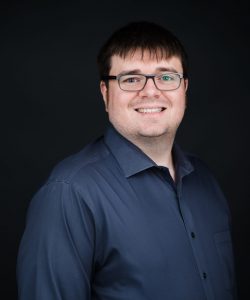
Michael Dieter is assistant professor of Education at Trinity Christian College.
